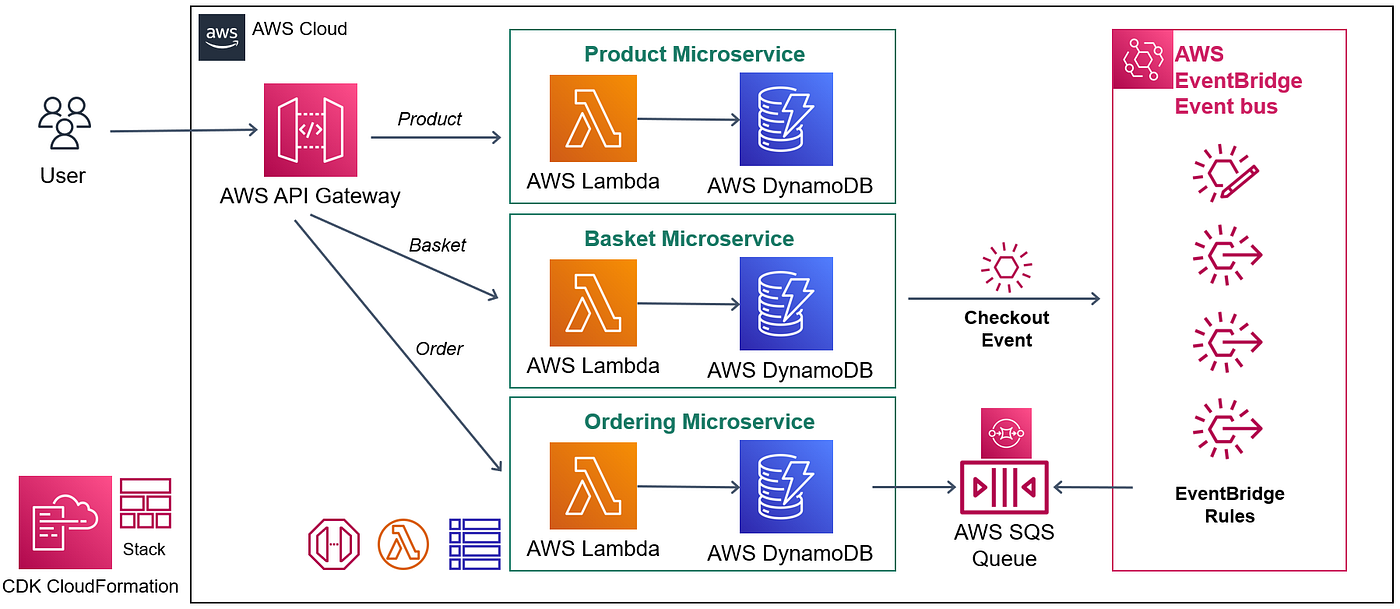Introduction

In the ever-evolving landscape of cloud computing, AWS Lambda stands out as a revolutionary service that has transformed the way developers build and deploy applications. As a serverless computing platform, AWS Lambda allows developers to focus on writing code without the need to manage servers. This blog will delve into the intricacies of AWS Lambda, exploring its features, use cases, best practices, and how it has reshaped the paradigm of cloud computing.
Understanding AWS Lambda
Serverless Computing:
Definition and concept of serverless computing.
How AWS Lambda fits into the serverless model.

Key Features of AWS Lambda:
Event-driven architecture.
Auto-scaling and resource provisioning.
Support for multiple programming languages.
Integration with other AWS services.
Execution Environment:
The anatomy of an AWS Lambda function.
Configuring and managing execution environments.
Use Cases of AWS Lambda
Real-time File Processing:
Processing and transforming data as it is uploaded to S3.
Creating thumbnail images, extracting metadata, etc.
RESTful API Backend:
Building serverless APIs using AWS Lambda and API Gateway.
Benefits of serverless APIs in terms of scalability and cost-effectiveness.
Event-Driven Microservices:
Implementing microservices architecture with AWS Lambda.
How Lambda functions can communicate asynchronously.
Data Processing and Analytics:
Leveraging Lambda for data transformation and analytics.
Integrating with services like Amazon Kinesis and AWS Glue.
Best Practices for AWS Lambda
Optimizing Cold Starts:
Strategies to minimize the impact of cold starts.
Choosing the right execution environment and memory allocation.

Logging and Monitoring:
Implementing effective logging for Lambda functions.
Utilizing AWS CloudWatch for monitoring and alerting.
Security Best Practices:
Configuring IAM roles and permissions.
Implementing encryption and secure coding practices.
Error Handling and Retries:
Designing robust error handling/ mechanisms.
Implementing retries for transient failures.
Advanced Topics
Container Image Support:
Exploring AWS Lambda's support for container images.
Benefits and use cases of containerized Lambda functions.
Custom Runtimes:
Creating custom runtimes for languages not officially supported.
Extending the capabilities of Lambda with custom runtimes.
Cross-Account Access:
Configuring cross-account access for Lambda functions.
Security considerations and best practices.
Future Trends and Developments

Edge Computing with Lambda Edge:
Overview of Lambda Edge for edge computing.
Use cases and benefits of running Lambda functions at the edge.
Integration with Emerging Technologies:
AWS Lambda's role in the adoption of emerging technologies like AI and machine learning.
Integrating Lambda with AWS services like SageMaker and Comprehend.
Conclusion

AWS Lambda has undoubtedly redefined the way developers build and deploy applications, offering a serverless computing experience that is both scalable and cost-effective. As the cloud computing landscape continues to evolve, AWS Lambda stands as a testament to the power of serverless architecture. Embracing its features, understanding best practices, and staying updated on advanced topics will empower developers to harness the full potential of AWS Lambda in their applications.
That's it for this blog, See you in the next Blog! Follow me now!!